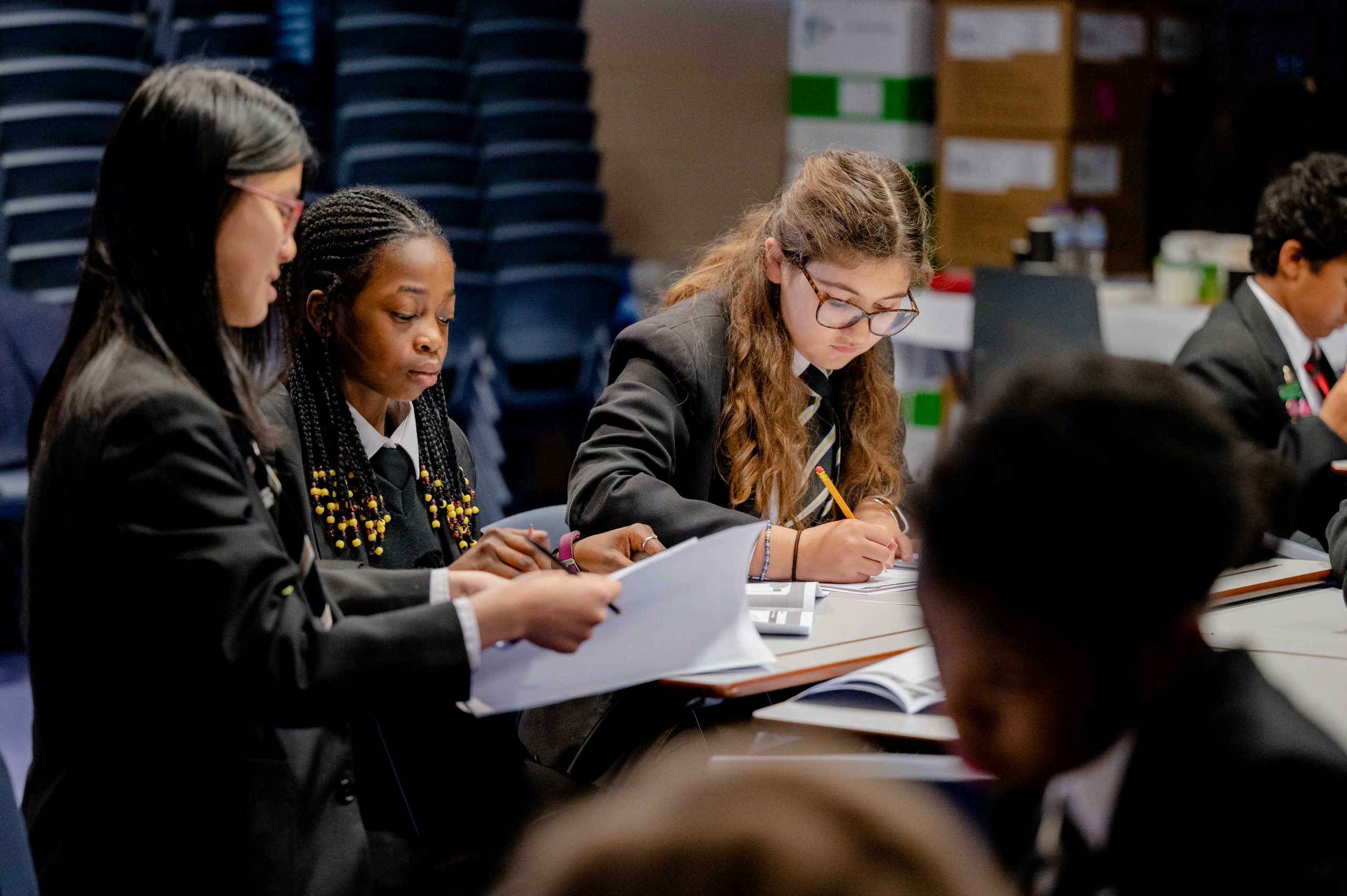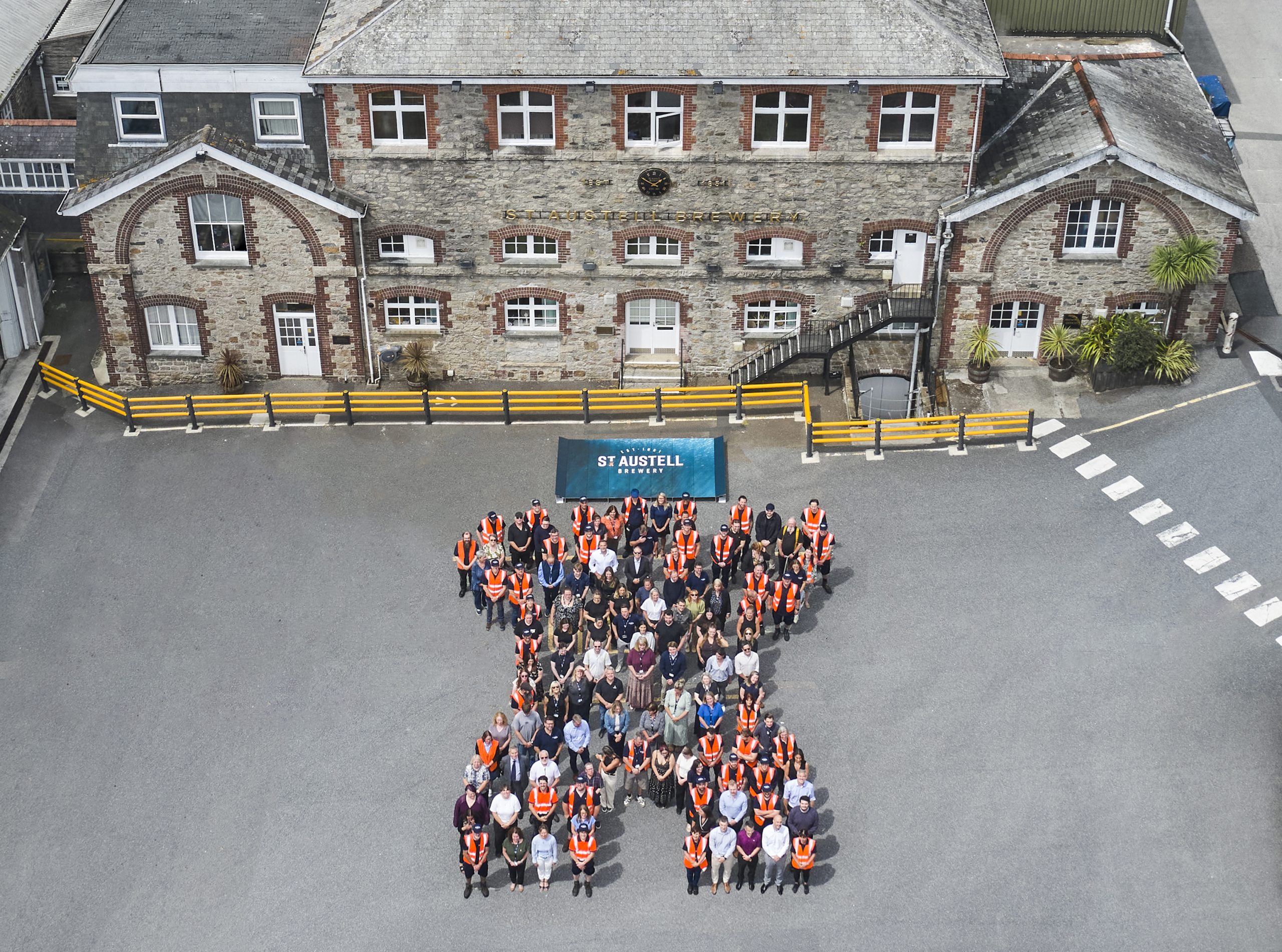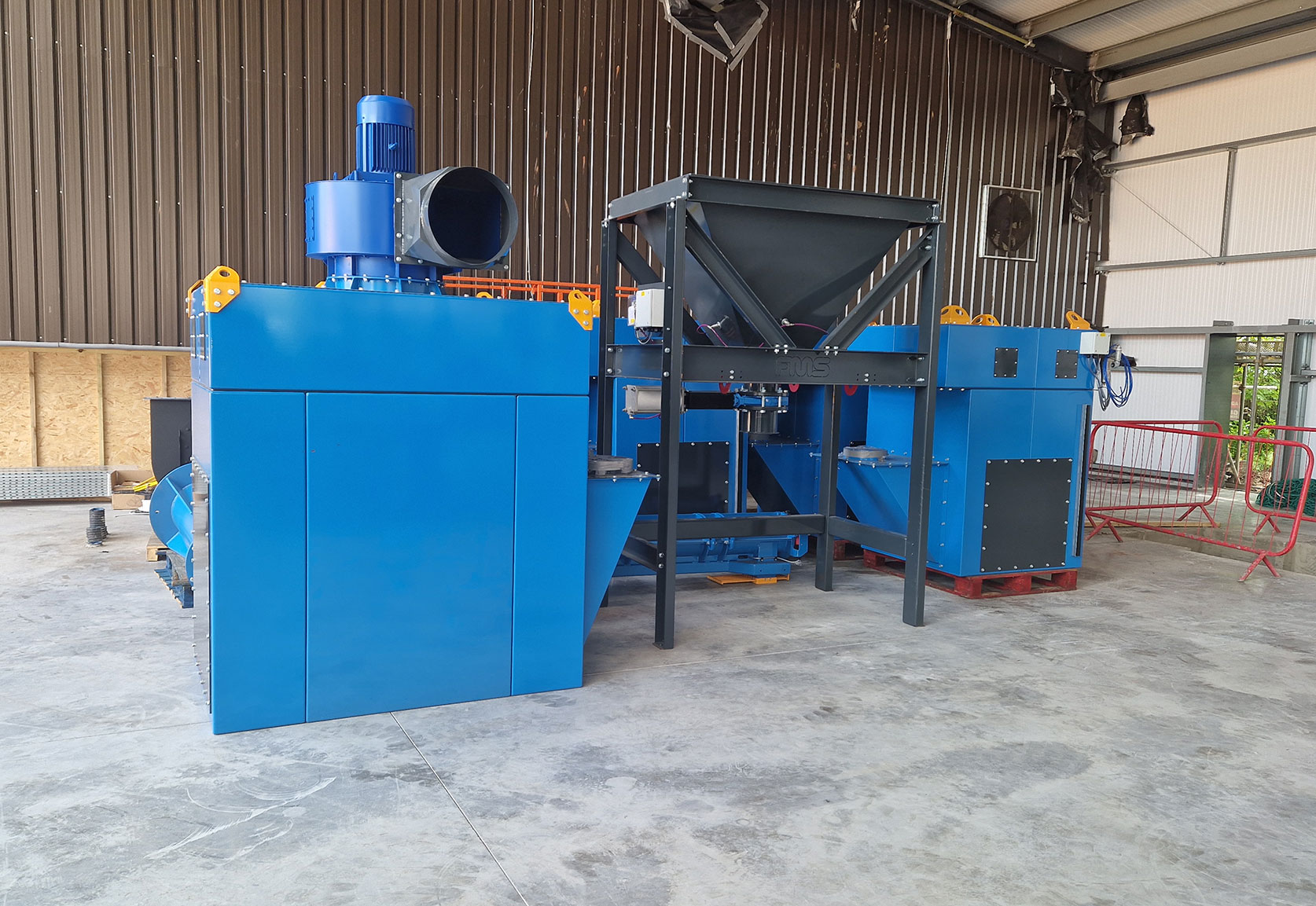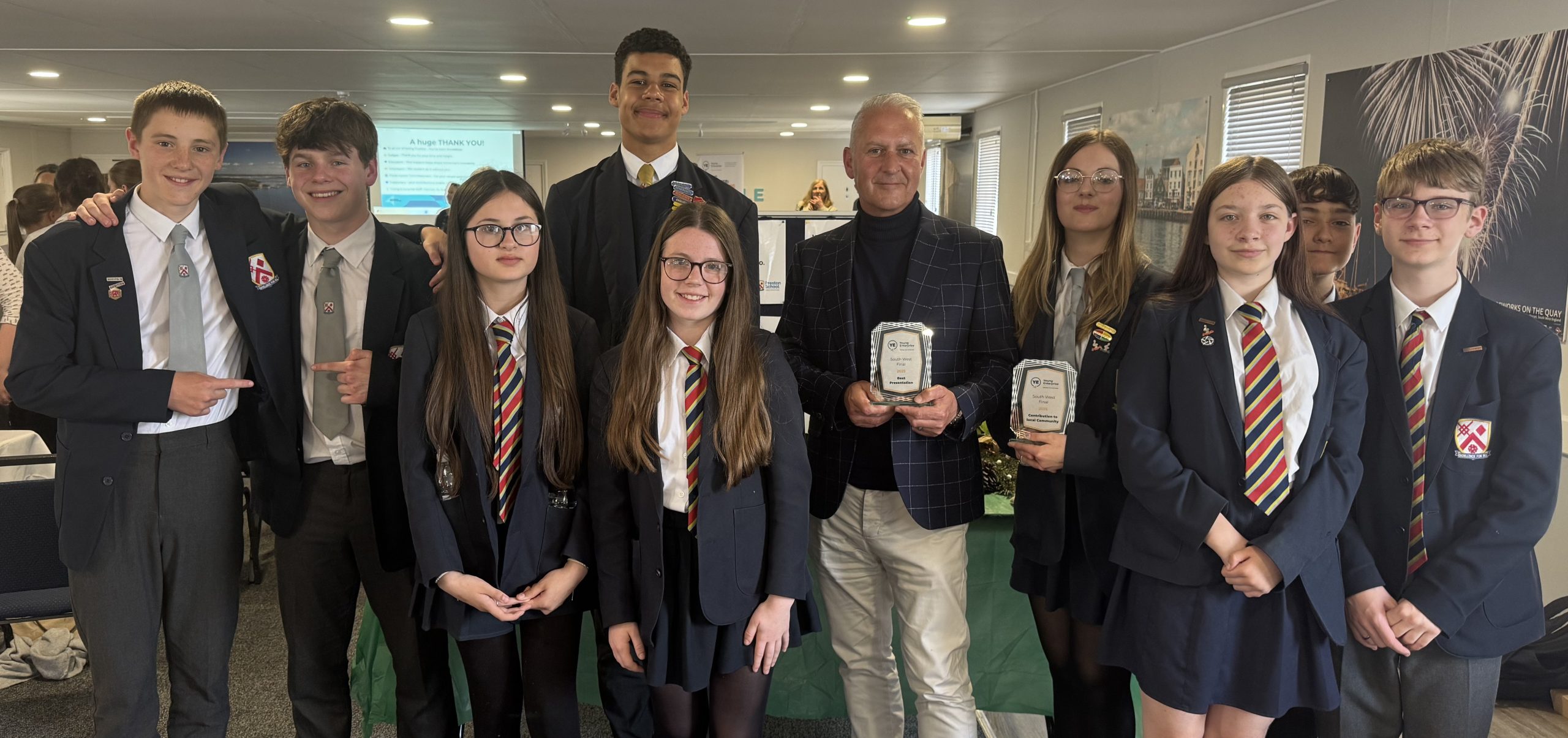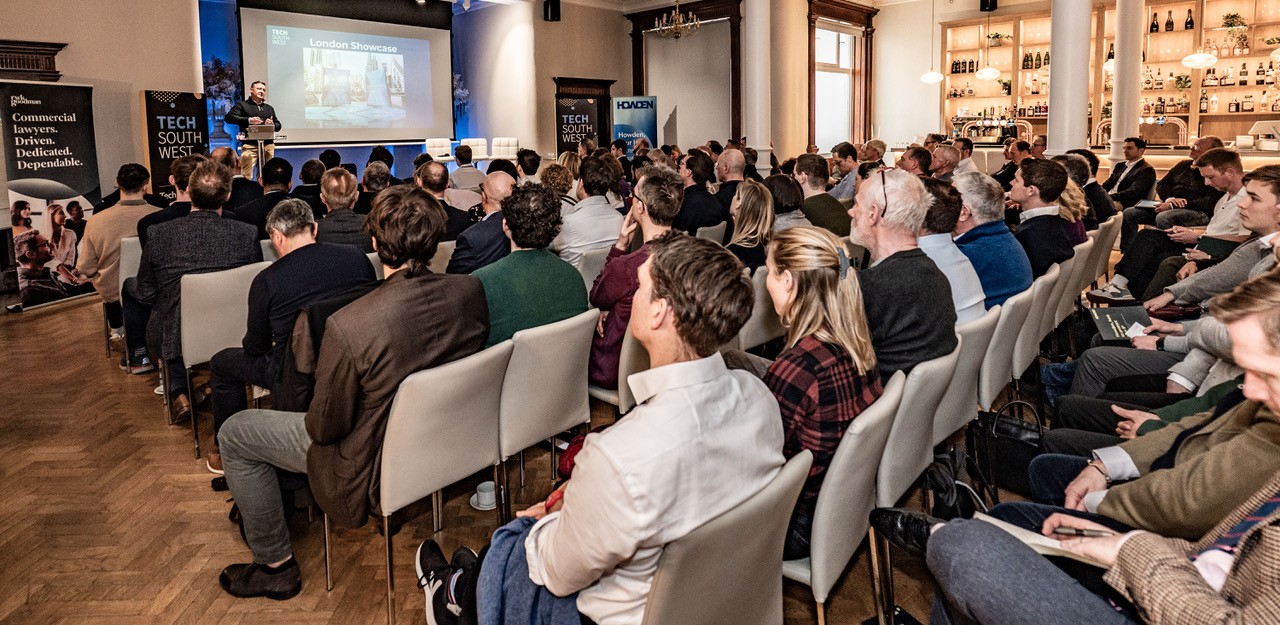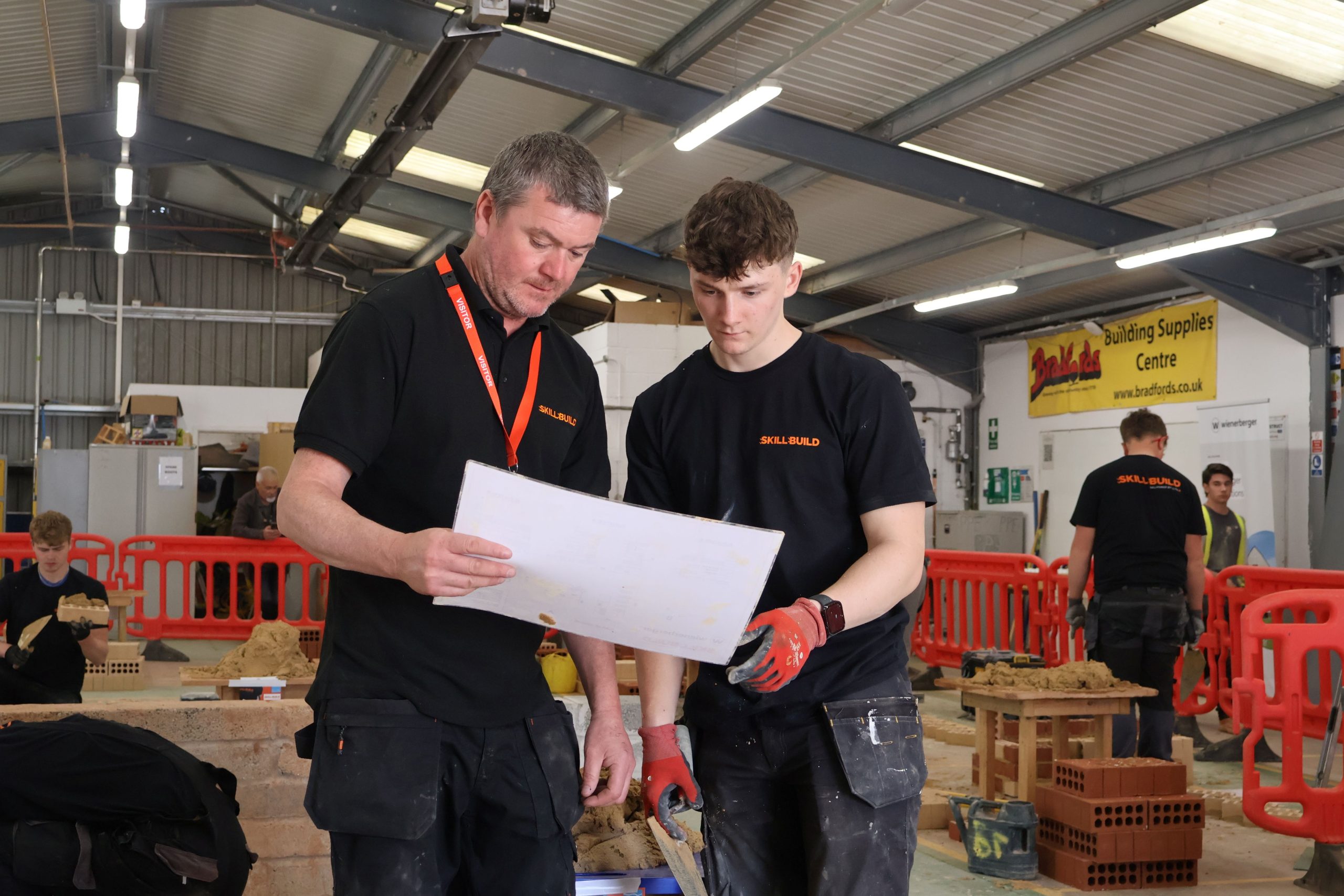Authored by EngineeringUK.
If An Apprenticeship is the Solution, what is the problem?
EngineeringUK is a NFP (Not-For-Profit) working in partnership with the engineering and technology community to inspire tomorrow’s engineers. Head of Engagement Projects, Kim Biddulph explains why inspiring STEM at a young age is the key to solving our shortfall in skills and workforce.
Energy transition represents a significant opportunity for young people and those looking to retrain in the Southwest for creating environmentally focussed, well-paid, and long-term jobs – but currently the sector faces a vast skills and workforce shortage which is making recruitment challenging.
There is some cause for optimism as numbers of young people taking engineering and tech-related T Levels have doubled this year, while STEM subjects are still in the top 10 A Level choices (see our summary) and the number of university students in engineering and technology is up 14% since 2009. On the flip side, engineering-related apprenticeship starts are still lower than prior to the pandemic. There remains a huge shortfall of girls on track to enter the profession via every route. 115,000 more girls need to study physics and maths to bridge the gender gap in higher education and would go a long way to filling that skills shortage in engineering and technology.
So, what is the answer?
EngineeringUK works with hundreds of organisations in industry, from our Corporate Members to our Code Signatories, to educators and policy makers so we can all grow the future talent pool together. We believe one of the answers lies in reaching students at a younger age. That is why our work focuses on 11 to 14 year olds, which our research has repeatedly shown have most interest in a career in engineering or technology but least knowledge about how to get there, especially among girls. This is mirrored by a lack of application about STEM career pathways in education settings. Imparting that knowledge before the big decisions are made in Year 9 is essential.
Of course, young people have lots of influences acting on them when thinking about future jobs. The top motivation is following a passion, but close behind is earning good money. Highlighting these aspects of engineering and technology are important. However, doing something that makes a difference is reported as much more important for girls than boys. Specifically, we found through the Science Education Tracker 2023 that girls are more interested in climate change throughout their school years than boys.
With all this research in mind, we developed the Climate Schools Programme which aims to upskill teachers and inform students about the myriad careers in decarbonisation and other related fields in engineering and technology. It is available for all state-funded secondary schools across the UK to sign up and take part in for free, and teachers receive curriculum aligned lessons, enrichment activities and careers resources. 50 schools in the Southwest signed up in the pilot year and we aim to recruit significantly more in the next 2 years.
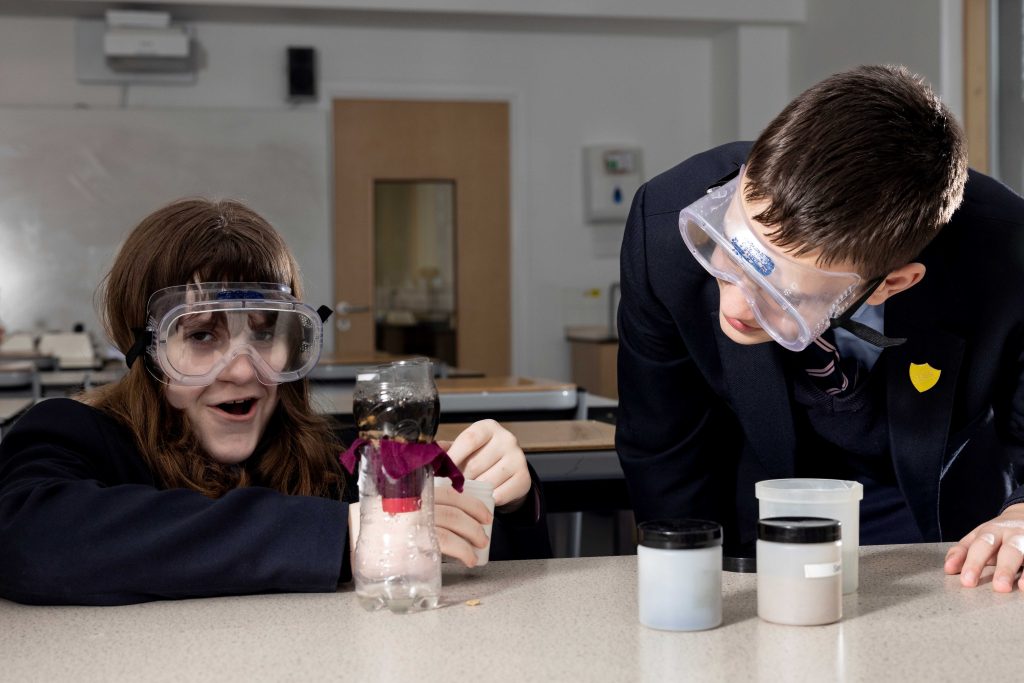
Showcasing cutting edge decarbonisation projects and the people working on them are central to our approach and there are opportunities to showcase your projects and people. One example currently being highlighted in the programme include the Steart Marshes wetland restoration project led by Jacobs in Somerset.
One of the side benefits of the focus on engineering and technology is that we believe it will also help tackle eco-anxiety. While young people, and particularly girls, are interested in climate change, they are also very worried about it. The approach to the topic in the media and in school is to focus on the impacts rather than the solutions. By focusing on engineering and technology we can showcase the solutions that are being developed and delivered and the careers open to students in the future.
I’ll leave you with one quote from a teacher:
“What I really liked is the real focus on future jobs and future hope. I could see a lot of them thinking, you know, to try to make connections between the fact that these jobs will be jobs that they potentially are entering into themselves.”
If you want to know more about how you can be part of what we do at EngineeringUK, contact our Corporate Relationship Manager Karen Woodward [email protected] or connect to Karen via LinkedIn to request a chat.

